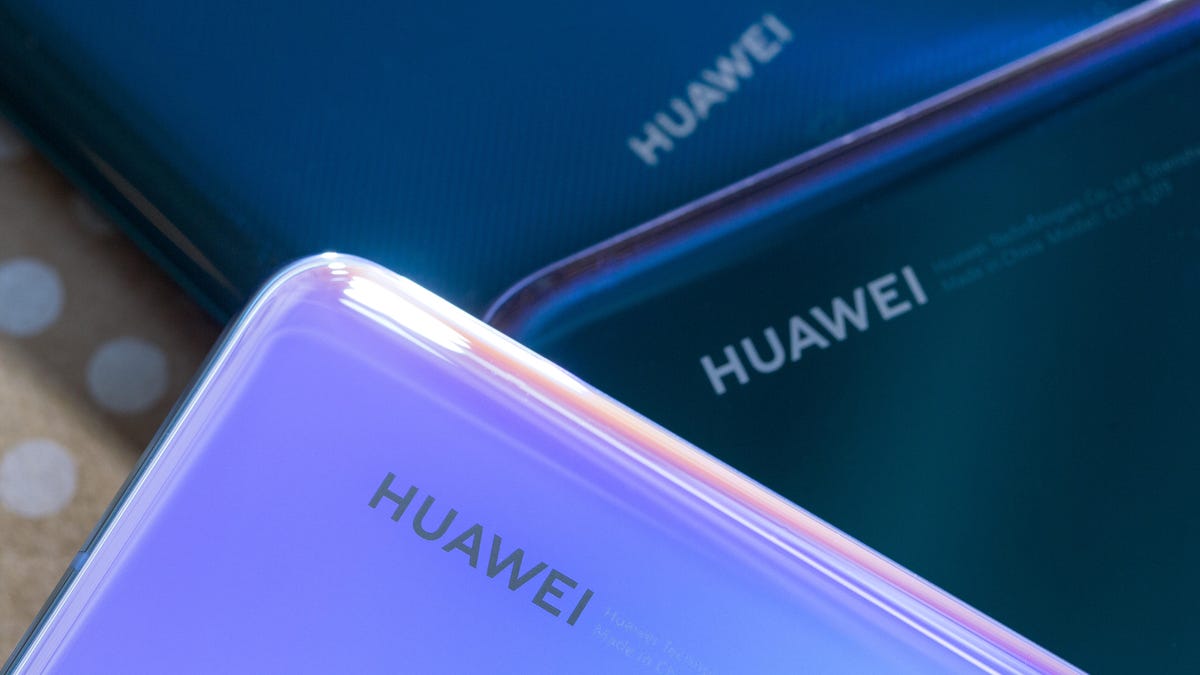Huawei and Google were developing a smart speaker, report says
The two tech giants were reportedly working together on smart home tech.

Huawei was reportedly working on a smart speaker with Google.
Huawei and Google were co-developing a smart speaker before the Chinese tech giant was blacklisted and banned in the US, according to a new report. Work on the smart home product was halted in May, The Information said Monday, citing several sources.
Huawei was blacklisted in May when it was added to the United States' "entity list," But US companies will be able to sell equipment to Huawei, Commerce Secretary Wilbur Ross confirmed earlier this month, if they get licenses when there's no threat to national security. Last week, US President Donald Trump reportedly agreed to award licensing deals between American companies and Chinese tech giant Huawei in a "timely" way.
The Huawei smart speaker would have been powered by Google Assistant and been unveiled in September and sold in the US, The Information said.
"We worked on this project with Google for a year and made a lot of progress. Then everything suddenly stopped," a Huawei employee reportedly said.
In addition to adding Huawei to the entity list, Trump at the same time signed an executive order essentially banning the company in light of national security concerns that Huawei had close ties with the Chinese government. Huawei has repeatedly denied that charge.
Following the blacklisting, Google locked Huawei out of its Android updates, though the Commerce Department granted it a three-month general license in late May to update existing devices.
Likely as a result, Huawei at the end of May moved to trademark the name of its own operating system, "Hongmeng," in Peru.
Huawei and Google declined to comment.
First published at 2:14 p.m. PT on July 29.
Updated at 2:53 p.m. PT: Huawei declined to comment; July 30 at 1:26 p.m. PT: Google declined to comment

